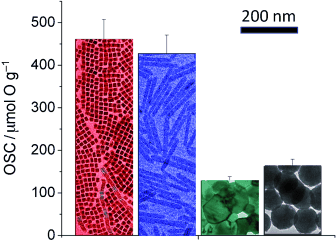A team at Penn State College of Medicine says a protein to regulate motor movement could restrict tumor growth in ovarian cancers. It would not only control the tumor cells from multiplying but also help develop medications. The study reveals that around 21,880 US women were diagnosed for epithelial ovarian cancer, while 13,850 died in 2010.
 UPenn's Cerra 2D platelets
UPenn's Cerra 2D platelets
Kathleen M. Mulder, professor, biochemistry and molecular biology, and her team had earlier discovered that the protein km23-1 is ineffective in most ovarian cancer patients. The team used the present research to over-express the protein in human ovarian cancer cells transplanted in mice, forcing the cells to create more of the normal protein.
The protein is a derivative of dynein, a motor protein delivering cargo along microtubular paths in the cell. The dynein motor essays multiple roles in cell division. According to Mulder, the drug paclitaxel and other are used to treat ovarian cancer, but their efficiency has been limited due to drug resistance by the cancer cells. Motor protein regulators could help minimize side-effects in treating ovarian cancer and other malignant tumors in humans.
Nageswara Pulipati, a postdoctoral student in Mulder's lab, says the team used a technique to force the tumors to display high levels of normal km23-1 in the mice being tested. When the protein was over expressed the tumors were smaller in size than those found in the control group. Qunyan Jin, M.D., research associate in Mulder's lab says that during mitosis, the motor protein helps carry checkpoint proteins along the microtubules. But when km23-1 levels are high, BubR1, one of the checkpoint proteins, is not carried along properly.
Many checkpoints exist during cell division, where some proteins restrict cell division till a particular stage is confirmed. A checkpoint is restricted during mitosis when km23-1 is over-expressed. When normal conditions prevail at the checkpoint, the cell gets divided. So when the km23-1 it restricts the cell division, destroying the cell.
The research program was supported by the National Institutes of Health and the Department of Defense. The research paper has recently appeared online and will also be published shortly in the print edition of The International Journal of Cancer.